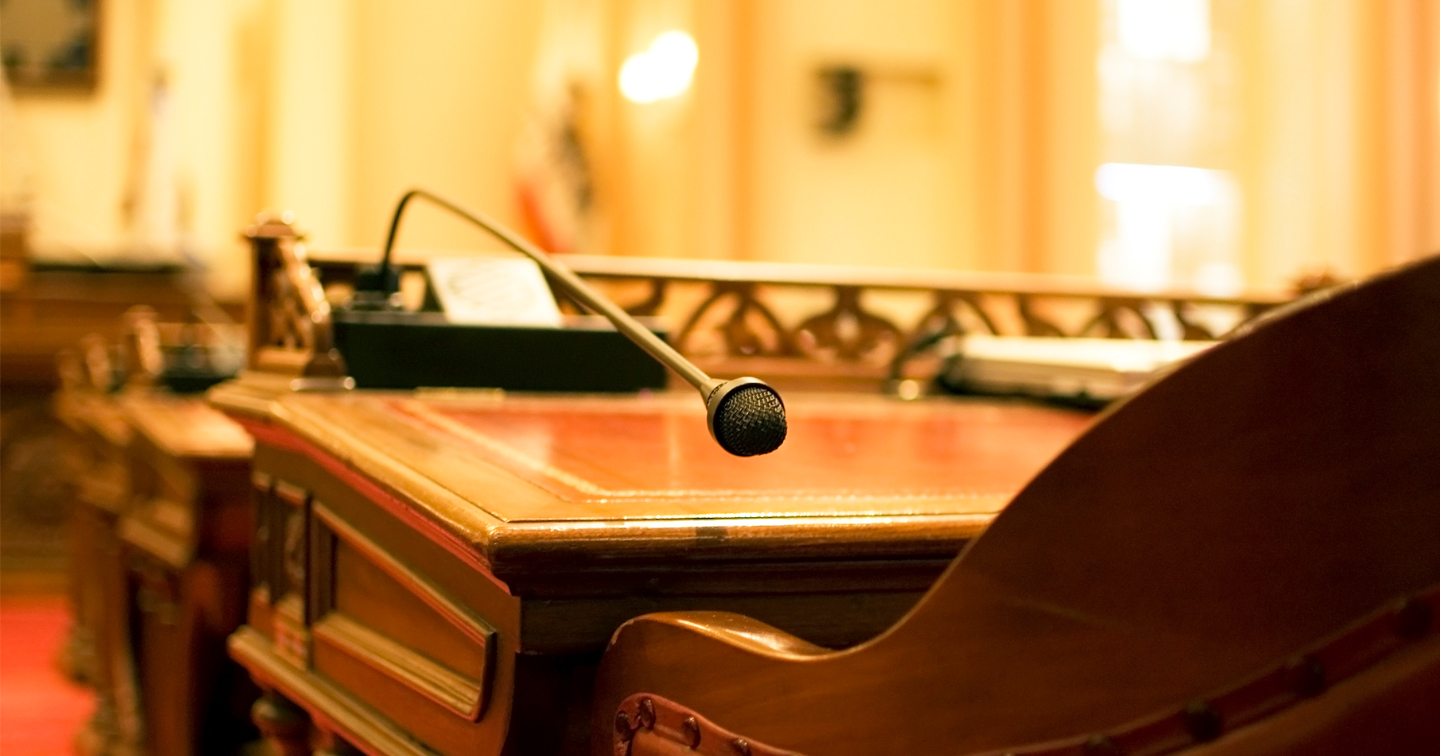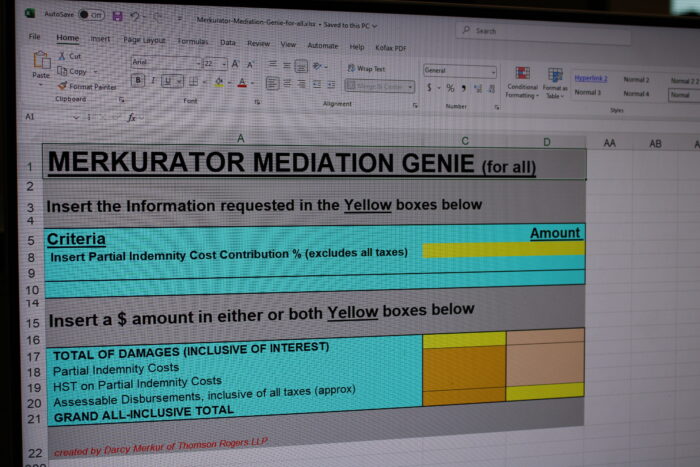Preparing to give evidence at trial
November 16, 2018

A civil trial for damages arising out of personal injury is nothing more than an examination of evidence, before a judge or jury, in order to decide the existence, cause, responsibility for, and losses flowing from, the injury.
A trial is a test taken by the plaintiff (who bears the burden of proof) and each and every witness called in support of his or her case. Their evidence will be weighed against the opposing evidence and ultimately be judged upon by the judge or jury.
Lawyers are duty bound to act as zealous advocates for their clients’ opposing interests. The lawyers’ Code of Professional Conduct demands this:
“to raise fearlessly every issue, advance every argument, and ask every question, however distasteful, which the lawyer thinks will help the client’s case.”
Evidence at trial must be clear, logical and persuasive. Thorough witness preparation by the summonsing lawyer is essential and its importance cannot be overstated.
In this article by Robert Ben, How to Prepare for Giving Opinion Evidence at a Personal Injury Trial: A Plaintiff Lawyer’s Perspective, he provides a primer on how to prepare for giving evidence at trial, what to expect in cross-examination, and how to present as a credible and reliable witness. Find out what the lawyer calling you as a witness should be doing to prepare you.
If you have any questions about this article, please contact Robert Ben at 416-868-3168 or by EMAIL
Robert Ben is a partner and personal injury lawyer at Thomson Rogers. He is experienced and at home in the courtroom, having appeared as counsel in numerous complex and contentious jury and non-jury trials in the Ontario Superior Court of Justice, as well as appeals in the Divisional Court, the Court of Appeal for Ontario and the Supreme Court of Canada.
Share this






